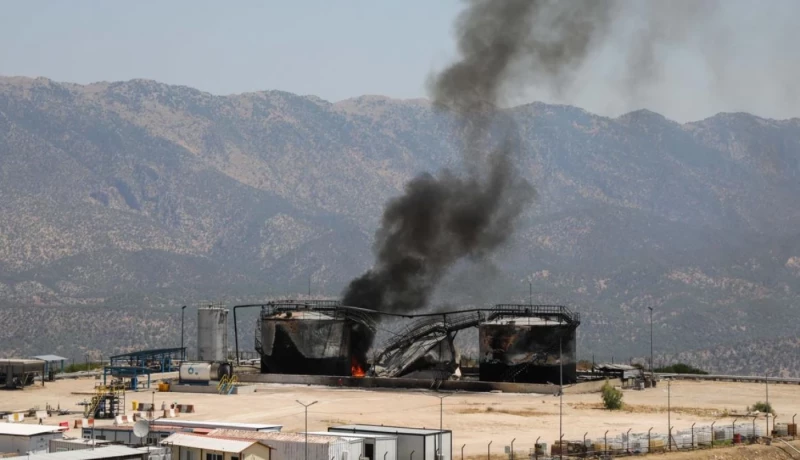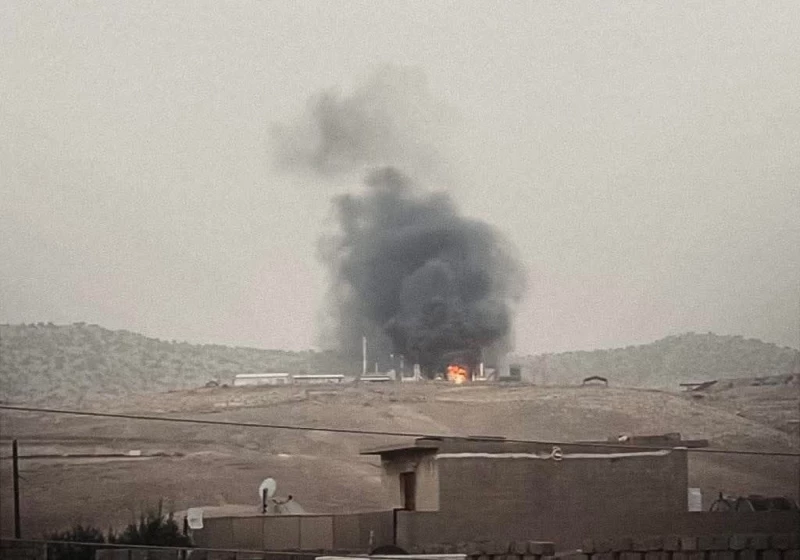ERBIL, Kurdistan Region of Iraq - Low levels of rainfall and recurrent drought have dried up a significant number of walnut trees in the Kurdistan Region’s Hawraman area, posing severe challenges to exports and disrupting the local ecosystem.
A particularly sentimental loss was an old walnut tree, known colloquially as "the one-thousand-branch tree," which locals in Biyara were forced to cut down after it had dried up due to drought.
“This giant walnut tree used to cover half a dunam of land [1,250 square meters] with shade. People used to rest under its shade,” Adnan Hama Saeed, a gardener in Biyara, told The New Region.
Saeed sighed, “In some years, this tree used to yield over 30,000 walnuts.”
He detailed that many people in the area had, in the past, made financial gains from the tree’s produce.
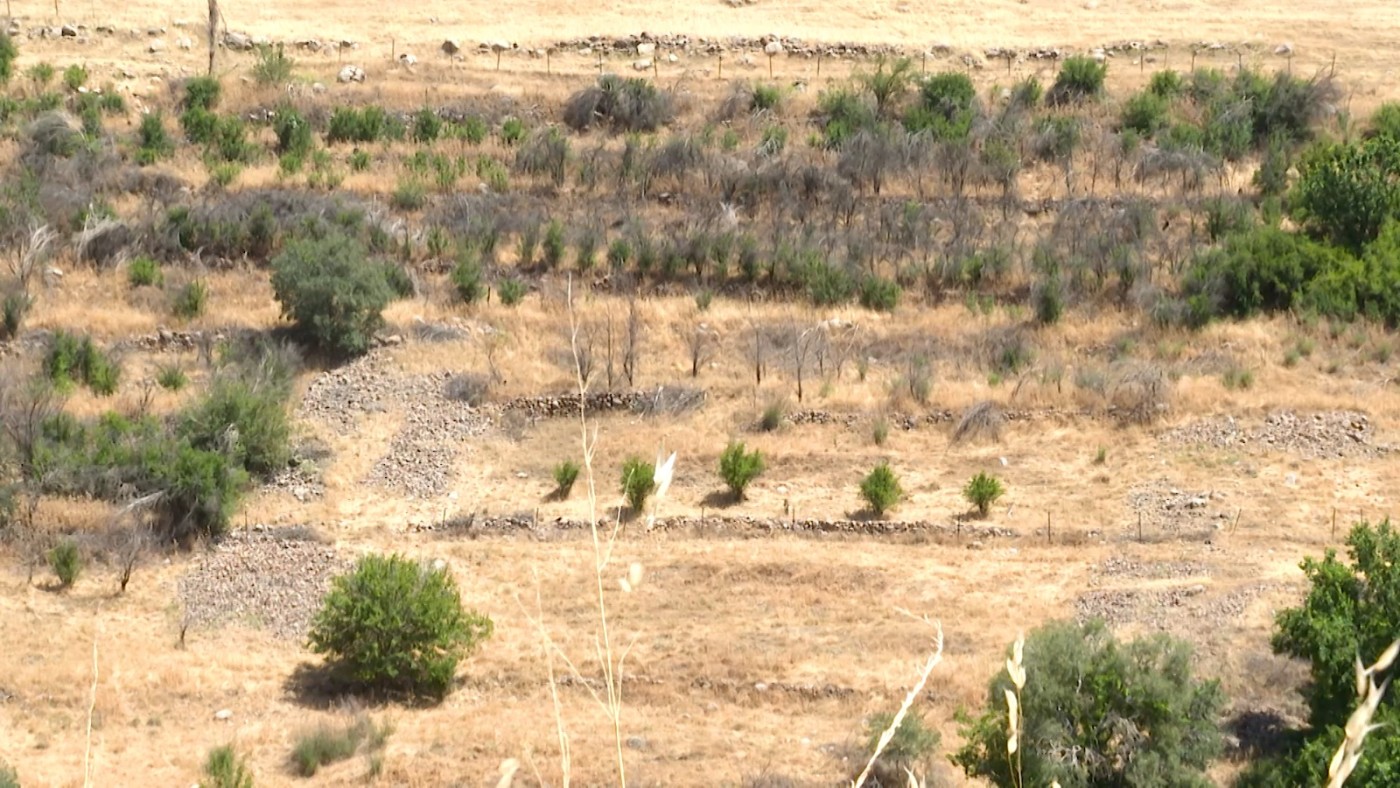
A lack of rainfall has caused groves in the region to dry up. Photo: The New Region
Iraq's escalating water crisis is all the more significant in this area, with the bulk of the groves and orchards of Hawraman being at risk of drying up due to this year’s low rainfall.
“Hawrman is well-known for walnut, plum, and poplar trees. These three species are completely nonexistent [now],” Rafaat Khua Karam, a farmer, said. “What is remaining are blueberry trees, which do not need much water.”
Karam lamented that the crisis has significantly damaged the people of the area, complaining that “no one has reached out to help us."
The Halabja Agriculture Department admitted that drought has posed serious issues for the region and has called on the Kurdistan Regional Government (KRG) to provide the necessary support to prevent forests and orchards from drying up.
“We have prepared a plan which includes digging wells, buying hoses, creating water storage, and creating irrigating creeks to help stop water from going to waste and manage them in a good way for irrigation,” Sitar Mahmood Salih, in charge of Halabja agriculture, told The New Region.
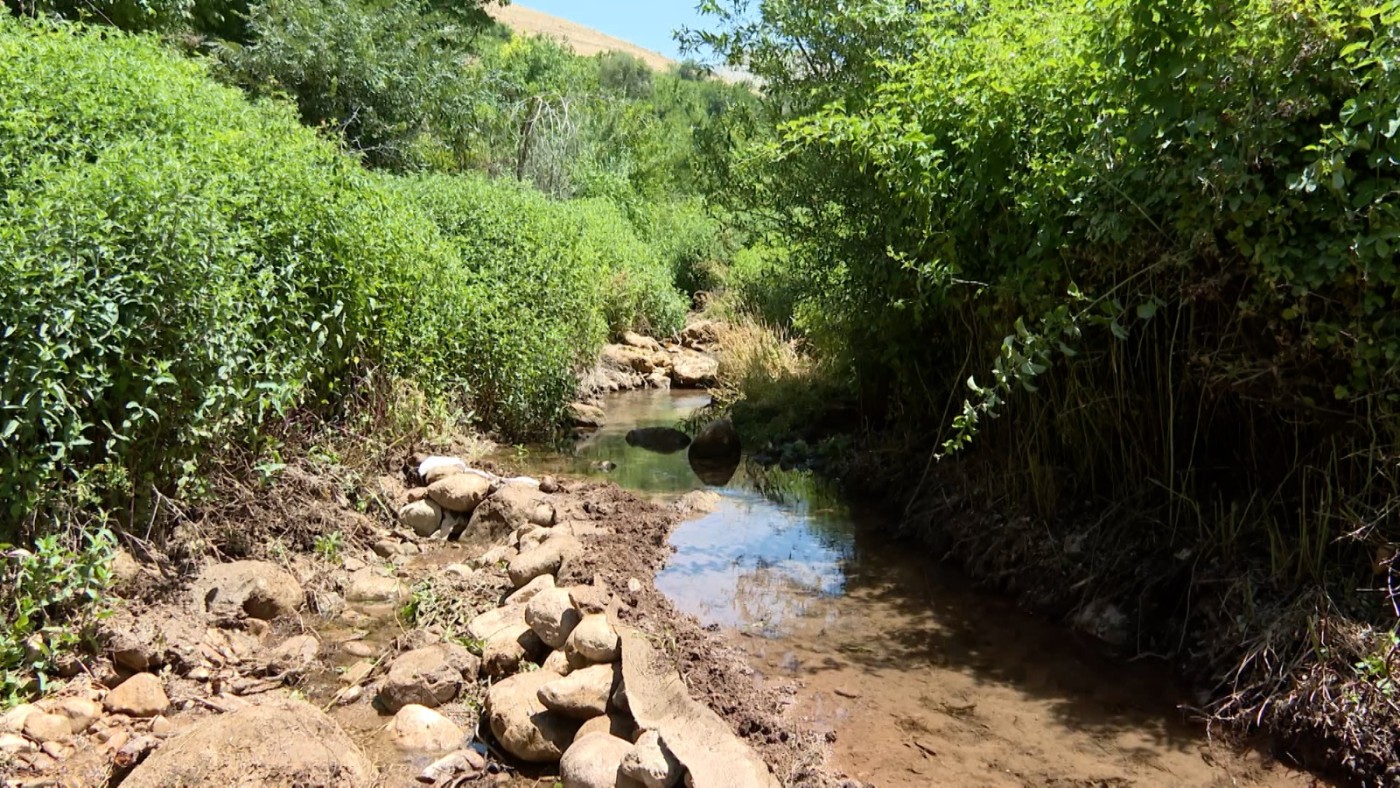
Water shortages have wracked the Kurdistan Region. Photo: The New Region
The landmark product of the Hawraman region, walnuts from the aforementioned groves are of exceptional quality, being exported to other parts of the Kurdistan Region and Iraq.
According to data from Halabja agriculture department, the walnut trees of Hawraman in the past used to yield at least 100 tons of walnuts every year.
Iraq and the Kurdistan Region have in recent years been gripped by the severe consequences of drought, fuelled primarilly by climate change.
Authorities in Baghdad have already warned that the country is facing one of the worst water shortages in its history. The crisis is the result of four years of extreme drought and falling water levels in reservoirs across the country.
Water scarcity has been a long-standing and critical issue for Iraq, exacerbated by upstream dams constructed by Turkey along the Tigris and Euphrates rivers. These dams have significantly reduced water flow into Iraq, intensifying the country’s existing water shortages.

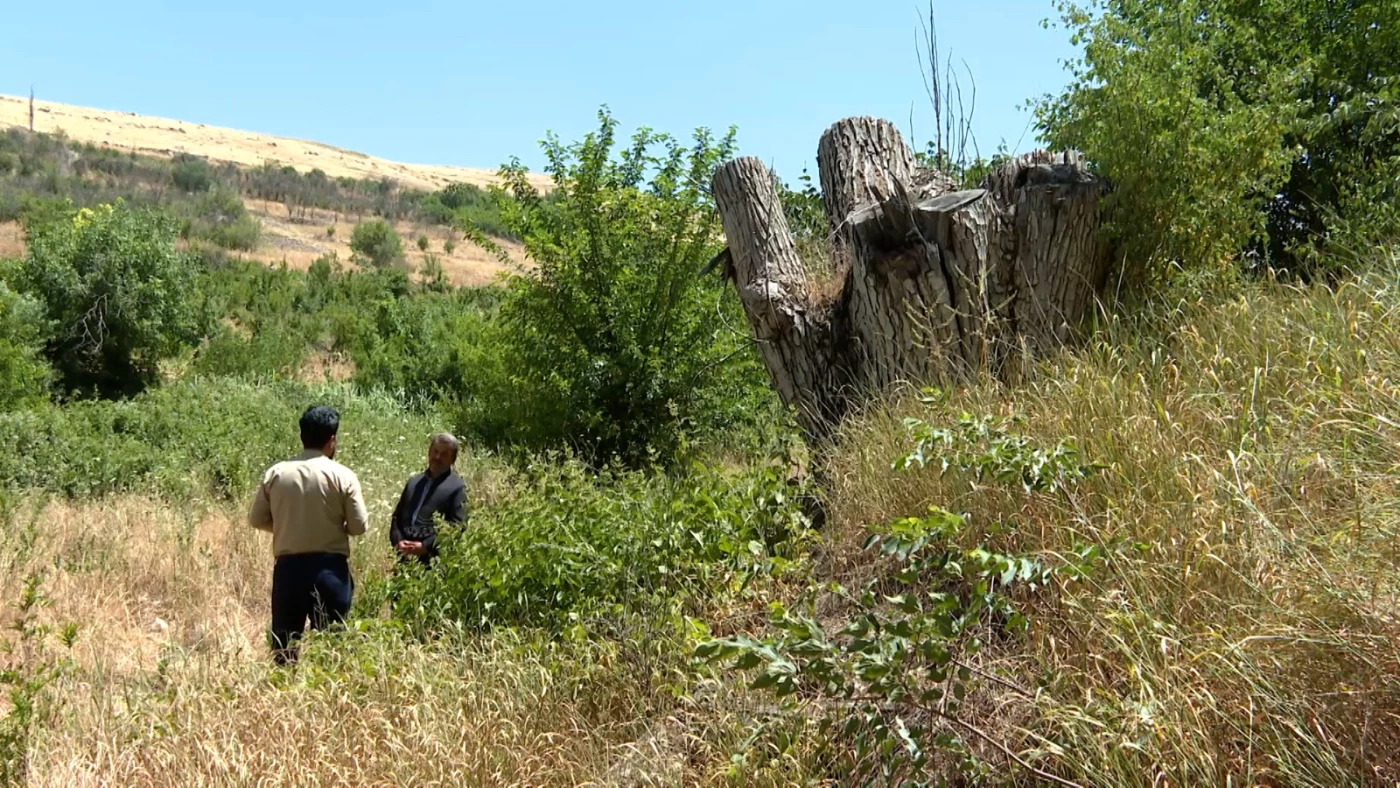
 Facebook
Facebook
 LinkedIn
LinkedIn
 Telegram
Telegram
 X
X

